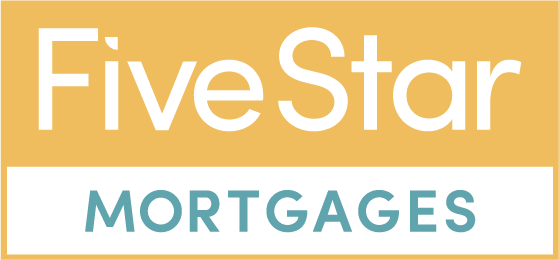
Buy-to-let mortgages
Transform your property investment dreams into reality with expert buy-to-let mortgage advice from Five Star Mortgages.
What is a Buy-to-Let Mortgage?
A buy-to-let mortgage is specifically designed for purchasing property to rent out to tenants. Whether you're taking your first steps into property investment or expanding your portfolio, our expert advisers will guide you through the entire process.
Why Choose Five-Star Mortgages for Your Buy-to-Let Investment?
• Access to whole-of-market mortgage deals
• Expert guidance from experienced buy-to-let specialists
• Tailored advice based on your investment goals
• Support throughout the application process
• Ongoing assistance with remortgaging and portfolio management
Key Features of Buy-to-Let Mortgages
Deposit Requirements
• Typically 25% minimum deposit required
• Better rates available with larger deposits of 30-40%
• We'll help you find the most competitive deals for your deposit size
Lending Criteria
• Rental income typically needs to cover 125-145% of monthly mortgage payments
• Most lenders require a minimum personal income of £25,000
• Credit history assessment
• Property type and location considerations
How Much Can You Borrow?
The amount you can borrow depends primarily on the rental income potential of your property. Lenders typically look for rental income that covers your mortgage payments by 125-145%. Our advisers will help you understand:
• Rental yield calculations
• Stress testing requirements
• Income requirements
• Property valuation factors
Important Considerations
Interest-Only vs Repayment
Most buy-to-let mortgages are arranged on an interest-only basis, meaning you'll only pay the interest each month. This keeps your monthly payments lower, but you'll need a strategy to repay the capital at the end of the term.
Tax Implications
• Income tax on rental earnings
• Tax-deductible expenses
• Changes to mortgage interest tax relief
• Stamp duty considerations
Additional Costs
• Higher arrangement fees compared to residential mortgages
• Letting agent fees (if using)
• Landlord insurance
• Maintenance and repairs
• Safety certificates and regular inspections
Getting Started
1. Book a free consultation with our specialists
2. Discuss your investment goals and circumstances
3. Receive tailored mortgage recommendations
4. Get support throughout your application
Why Choose Us?
At Five Star Mortgages, we pride ourselves on providing comprehensive support beyond just securing your mortgage. Our advisers will:
• Review the whole market to find the best rates
• Explain all costs and implications
• Guide you through the application process
• Provide ongoing support for your property investment journey
Considering a Limited Company Buy-to-Let?
While many landlords choose to invest in property in their personal name, purchasing through a limited company structure might be more tax-efficient for some investors, particularly higher-rate taxpayers or those with multiple properties.
Visit our Limited Company Buy-to-Let Mortgages page to:
• Compare personal vs limited company ownership
• Understand the tax advantages
• Learn about lending criteria for company structures
• Discover how we can help with incorporation
Ready to Start Your Property Investment Journey?
Book your free consultation today:
• Call us on 0300 303 4676
• Complete our contact form
• Speak with an experienced buy-to-let specialist
Important Disclaimers:
The vast majority of buy-to-let mortgages are not regulated by the Financial Conduct Authority (FCA).
Your property may be repossessed if you do not keep up repayments on your mortgage.
Get in touch today for a FREE consultation
Book an appointment through
our form below or call today on 0300 303 4676 to speak with one of our experienced financial advisers.

